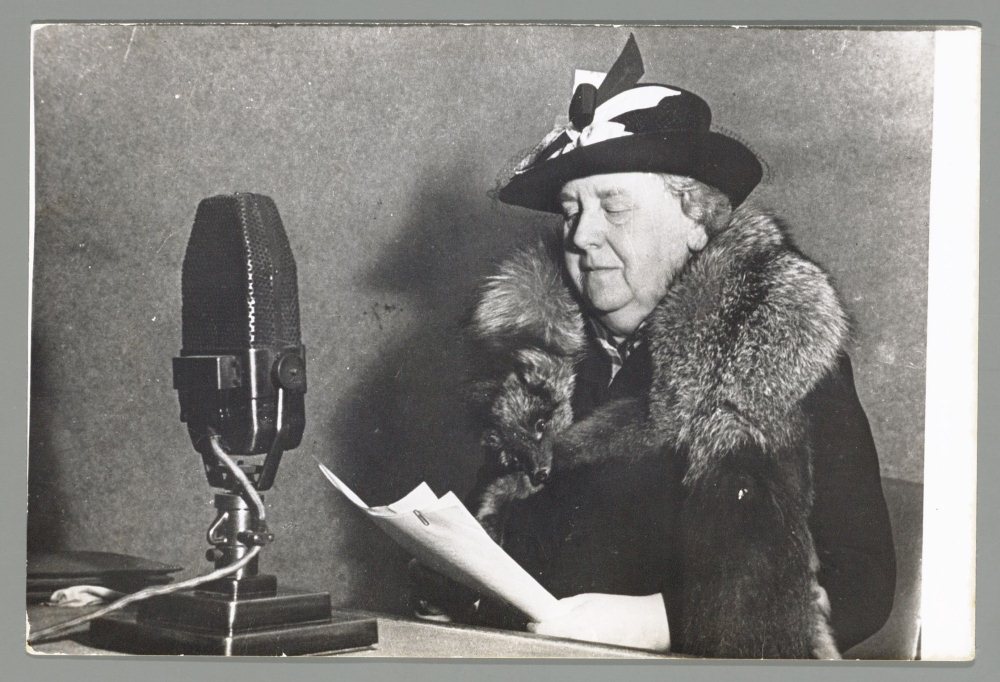To come back to an earlier point, if Emma knew anything... Fasseur says that Emma did indeed do research into Hendrik's life. After the meeting in Schwarzburg she had her ow trusted courtiier de Ranitz sent to Schwerin to make enquiries. In Berlin she asked a former and trusted lady-in-waiting from the Waldeck court in Arsolsen -Ulrike von Riedel- to ask around. Te book treats the issue of syphillis, which was rampant in the belle epoque. He writes that it is not likely Emma found something shocking, as she would have stopped the whole thing if she did. Stories about an interesting life at the barracks seem to involve Hendrik's brother Adolf.
--
As for the proposal: it was a long route to get there.
After the meeting in Schwarzburg Hendrik let Wilhelmina wait a bit. It seems he needed to align with his family. In July his maternal grandmother wrote to The Hague via her court marshall to enquire after the rights and duties of a prince consort. Emma notified the chairman of the counsil of State (Schorer) and the negociations started. First in the Netherlands itself as the prime minister (Pierson) told a surprised chairman that the topic of a prince consort had never popped up in the counsil of ministers. Schorer asked -out of his own initiative and not on the demand of Queen Emma- for an allowance of 100.000 guilders per year, to which the PM agreed and made other promisses. After consulting with his ministers the next day all promises were withdrawn as the ministers were insulted that Emma had not informed them but went to Jhr. Schorer instead.
Information about a potential future position was sent to Mecklenburg by Schorer. Hendrik responded on August 4th and asked to get better acquented with the Queen. Fasseur later mentions that this was a de facto proposal. Wilhelmina was madly in love and 5 days later confided to a lady-in-waiting that she received a message that made her 'very, very happy'.
On August 10th it was already known in Berlin that an engagement was eminent. The emperor wrote that he heard from a reliable source -probably Hendrik's halfbrother Duke Johann Albrecht- that 'the little queen has decided to marry Duke Heinrich, if he wants to'.
The weeks that followed several issues were clarified, among them the succession in Mecklenburg: Hendrik would renounce them but if Wilhelmina would die without children before him, he would regain these rights. If there were to be any sons the 2nd one would be eligible to succeed in Mecklenburg when needed. Emma's fear that a second son was to be raised in Mecklenburg did not materialise.
On August 20th the Queen Emma informed the german Emperor about the news and wrote that the she hoped the Emperor -considering his high opinions about the christian family- would agree with Emma that Wilhelmina should be 'free' in making the most important choice of her life. I suppose that she was concerned that the Emperor felt snubbed that his own candidate did not make it.
With all this cleared up a new meeting could be arranged, which happened in Bad König in a castle of Emma's brother-in-law the count Erbach. They arrived at October 10th. A day later journalists arrived and rumours started to go around. After lunch on the 12th the young couple was left alone. After 10 minutes they 'agreed'.
The engagement was announced from Het Loo on the 16th.
Fasseur does not mention who asked who. He does not mention any court etiquette which says the Queen should ask the Duke. But the whole thing was actually settled before he or she actually popped the question.
Prinsara said:
I have always interpreted the "forget about me" as "get over his ridiculous crush", but perhaps that was meant to be 'forget about me, and focus on the person he was supposed to be getting engaged to'...? Food for thought.
That could indeed be the case. Though marrying the daughter of the British king is quite prestigious as well of course. I doubt he would have been required to show any interest in Wilhelmina yet, apart from getting acquented which they probably did in 1896. An engagement before her 18th birthday and enthronement was unlikely to take place.
Prinsara said:
I think perhaps there's more about the notion in the English press than in Dutch for several reasons
Could be indeed. And in those days the press would mention gossip stories about foreign royals but not so much about their own. Although the press was 'free' some things were still tabboo. Fasseur forgetting this part is interesting. It may be that he did not find anything, it may be that there was nothing to find, or it may be that he wanted to be discrete.





